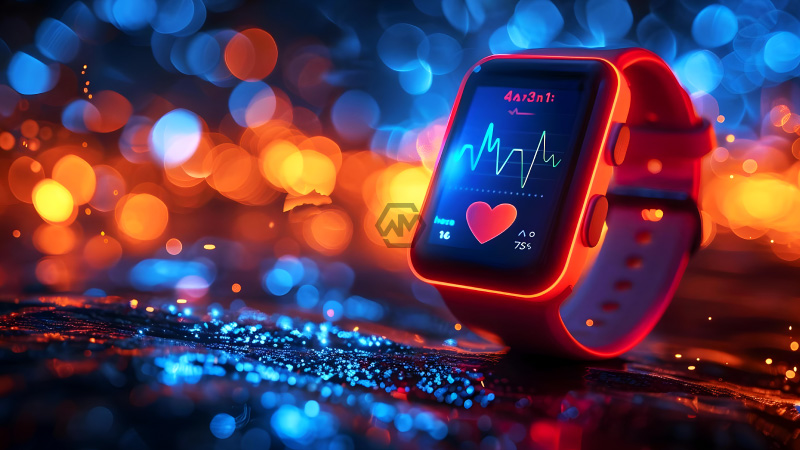- Apple Watch ECG detects silent heart condition in user.
- Discovery highlights potential for early detection of myocardial ischemia.
- Calls for further research into wearable tech’s health monitoring capabilities.
Dr. Ruud Koster’s discovery through his Apple Watch, where it detected myocardial ischemia despite no prior symptoms, showcases the device’s potential beyond its advertised features. This incident emphasizes the role of consumer wearables in personal health monitoring, suggesting they could aid in early detection of critical heart conditions.
The incident also sparks discussions about the evolving intersection of technology and healthcare, raising questions about the responsibilities of tech companies in disclosing such capabilities and the regulatory implications of consumer devices being used for medical purposes.
Unlocking Heart Health: How the Apple Watch Could Redefine Personal Health Monitoring
Dr. Ruud Koster’s experience with his Apple Watch detecting myocardial ischemia serves as a groundbreaking example of how wearable technology can detect underlying health issues before symptoms manifest. His case underscores the potential for consumer devices like the Apple Watch to play a pivotal role in early detection and intervention for cardiovascular diseases, highlighting a shift towards more proactive healthcare strategies.
This incident not only showcases the device’s capability beyond its advertised features but also raises important questions about the integration of consumer tech into healthcare. The implications extend beyond individual health monitoring; if validated through further research, the Apple Watch could significantly impact public health by enabling earlier diagnosis and treatment of conditions like myocardial ischemia.
This underscores the growing importance of collaboration between technology companies, healthcare professionals, and regulatory bodies to ensure the safe and effective use of consumer wearables in medical contexts. While challenges remain in validating the consistency and accuracy of these devices in detecting health conditions, the potential benefits for users and healthcare systems are substantial.
Dr. Koster’s case with his Apple Watch detecting myocardial ischemia highlights a promising frontier in personal health monitoring through wearable technology. As research continues, these devices could transform how we approach preventive healthcare, potentially detecting and addressing health issues earlier, thereby improving outcomes and quality of life for users globally.
“Technology is not just a tool. It can give learners a voice that they may not have had before.”
— George Couros



